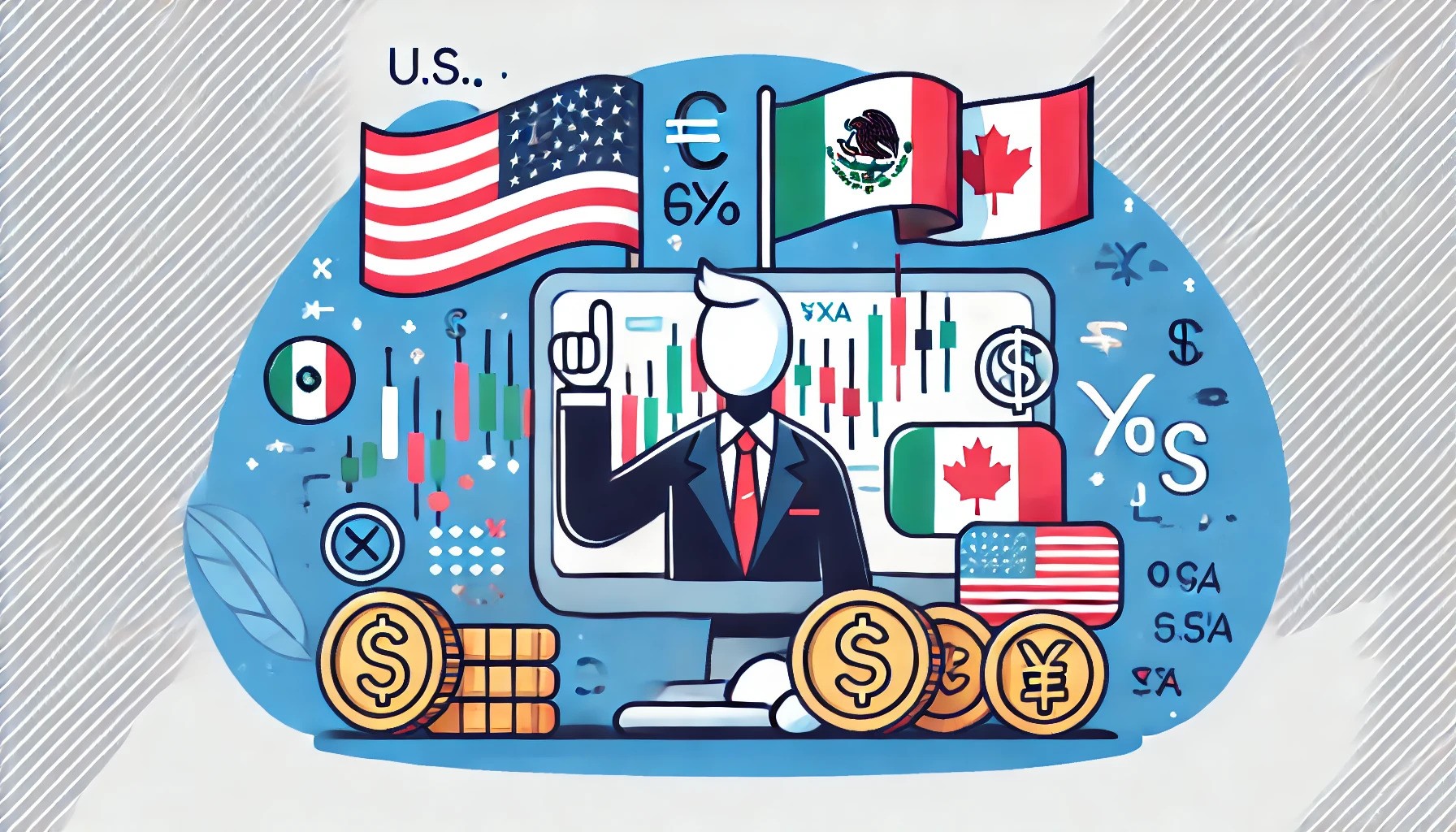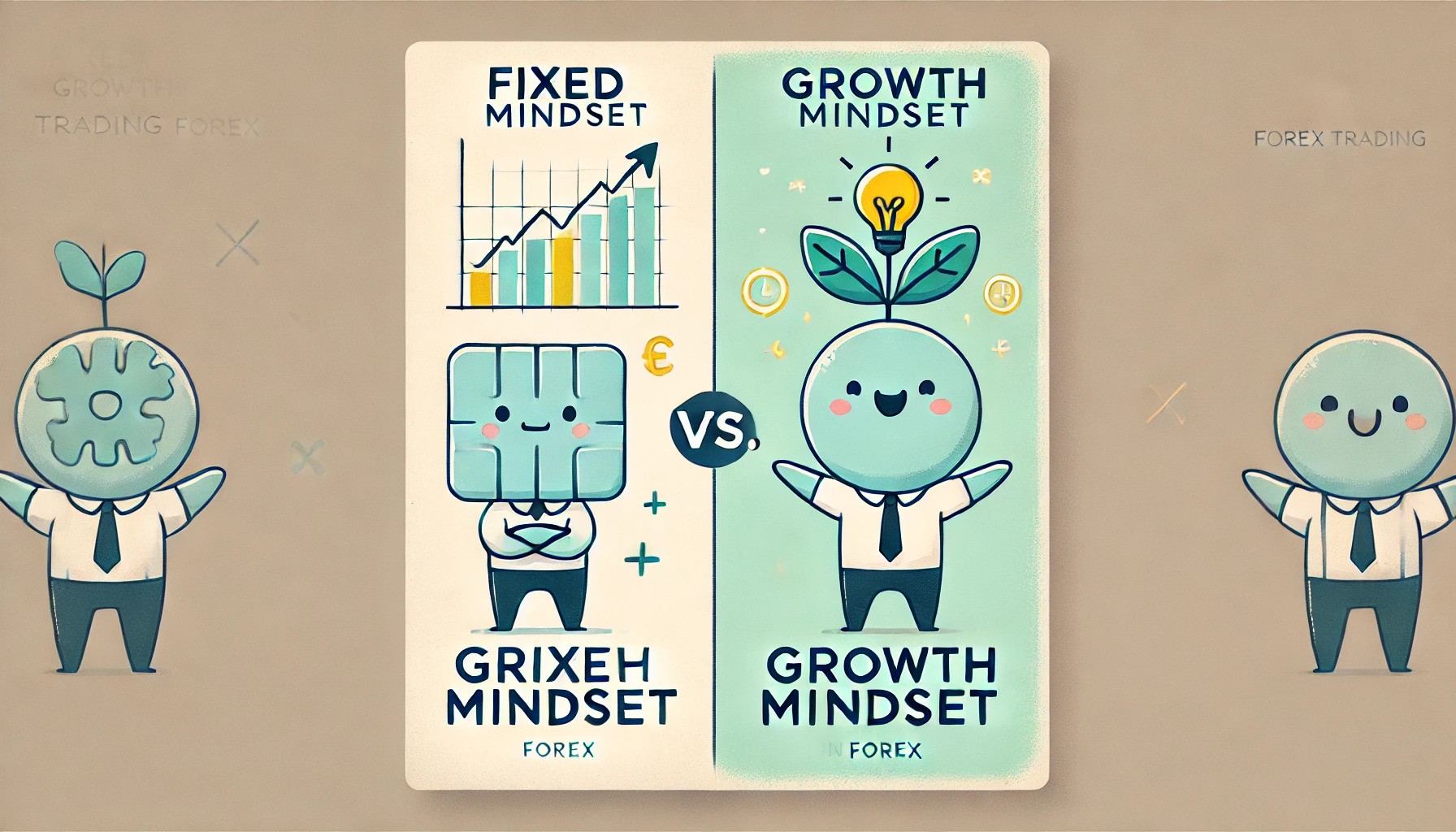Table of Contents
- The Concept of Delayed Gratification
- Long-Term Financial Benefits of Practicing Delayed Gratification
- The Pitfalls of Living for the Moment (Delayed Gratification)
- The Risks of a Get-Rich-Quick Mindset (Delayed Gratification)
- Take control of your trading future
- How to Practice Delayed Gratification in Daily Life
- Conclusion (Delayed Gratification)
Delayed gratification is the practice of resisting the temptation for an immediate reward in favor of a larger, more enduring reward in the future. Although it may sound challenging, this mindset can lead to substantial long-term benefits in various areas of life, particularly in financial health and personal fulfillment. In an age where instant gratification is prevalent, cultivating the habit of delaying immediate rewards can foster a more successful and secure future. This article explores the long-term financial benefits of delayed gratification, highlights the pitfalls of living for the moment, and discusses the risks of a get-rich-quick mindset, especially in terms of exposure to scams and Ponzi schemes.

The Concept of Delayed Gratification
Delayed gratification is not simply about denying oneself pleasure; it’s about prioritizing future goals over immediate desires. Psychologist Walter Mischel’s famous “marshmallow test” in the 1960s illustrated this principle. In the experiment, children were given a choice between receiving one marshmallow immediately or two marshmallows if they waited. The study revealed that the children who could delay gratification went on to experience more success in various aspects of their lives, including academics, career, and overall well-being.
Today, this concept can be applied broadly, especially in the realm of personal finance. When you choose to save or invest money instead of spending it immediately, you’re practicing delayed gratification. Over time, the financial security and freedom resulting from disciplined savings and investment habits far outweigh the fleeting pleasure of impulse spending.
Long-Term Financial Benefits of Practicing Delayed Gratification
1. Accumulated Wealth Through Compound Interest
Delayed gratification allows individuals to benefit from the power of compounding. When you invest in a high-yield savings account, stocks, bonds, or retirement accounts, compound interest grows your money faster than you might imagine. By consistently saving and investing, even with small amounts, the money multiplies over time.
For example, if you invest $100 per month at a 7% annual return starting at age 25, you could accumulate over $260,000 by the time you reach 65. Starting just 10 years later could reduce that amount significantly. Thus, choosing to wait and invest, rather than spending money impulsively, has a profound impact on long-term financial well-being.
2. Financial Freedom and Security
Delayed gratification fosters habits that contribute to financial security. Rather than accumulating debt by purchasing non-essential items, people who practice delayed gratification are more likely to budget carefully, avoid credit card debt, and prioritize financial goals. This mindset helps in building an emergency fund, paying off debts, and accumulating a sizable retirement fund.
Financial freedom also means having the flexibility to make choices that align with your values and aspirations. When financial obligations are minimal, and savings are ample, you have the liberty to make career changes, start a business, or even take time off if desired.
3. Ability to Invest in Quality Assets
When people don’t rush to buy things impulsively, they can make more thoughtful decisions about where their money goes. Instead of buying cheap or unnecessary items, delayed gratification allows individuals to save up for higher-quality investments, such as real estate, education, or long-term stocks. These assets appreciate over time and provide greater returns compared to items with no lasting value, like the latest smartphone or luxury clothing.
4. Increased Financial Resilience
Practicing delayed gratification can build resilience to financial challenges. By focusing on long-term savings, people are better equipped to handle economic downturns, unexpected medical expenses, or changes in employment. Those who live paycheck-to-paycheck or spend without planning are often vulnerable to financial stress when emergencies arise, potentially leading them into a cycle of debt and hardship.
5. Cultivation of a Growth Mindset
Delayed gratification instills discipline and patience, qualities that are crucial for financial growth. People who practice delayed gratification tend to develop a growth mindset, understanding that real success takes time and effort. This outlook can lead to better decision-making, particularly in financial matters. Instead of falling for get-rich-quick schemes, they are more likely to invest in education, professional growth, or skill-building—all of which contribute to long-term financial success.
The Pitfalls of Living for the Moment (Delayed Gratification)
While instant gratification can be thrilling, living purely for the moment can lead to adverse long-term consequences. The culture of “YOLO” (You Only Live Once) promotes a mindset of impulsive spending and short-term thinking, often at the expense of future stability and security.
1. Accumulation of Debt
Living for the moment often translates to overspending, using credit cards, and accumulating debt. People who focus on immediate pleasure may disregard the long-term financial strain of high-interest debt. Eventually, debt repayments can become a significant financial burden, eating into future savings and preventing wealth accumulation.
2. Missed Investment Opportunities
When funds are directed towards short-term desires, the opportunity to invest and grow wealth is lost. Money spent on dining out, vacations, or the latest gadgets could instead be invested in assets that grow in value. Frequent, impulsive purchases add up over time, leaving individuals with little to invest in wealth-generating vehicles.
3. Lack of Financial Security
Without a focus on future planning, people often lack savings and financial safety nets. Living for the moment makes it difficult to save for emergencies or retirement, resulting in financial insecurity during unforeseen circumstances. This lifestyle can lead to stress, anxiety, and dependence on loans or credit, which further compounds financial problems.
4. Emotional and Mental Toll
The desire for immediate gratification can create a dependency on external validation and transient satisfaction. Over time, individuals may become accustomed to seeking happiness through purchases, experiences, or social media validation, which can lead to a shallow sense of fulfillment. In contrast, delayed gratification often cultivates deeper, more meaningful satisfaction from achieving long-term goals.
The Risks of a Get-Rich-Quick Mindset (Delayed Gratification)
In pursuit of wealth, many individuals fall prey to the allure of getting rich quickly. A get-rich-quick mindset is based on the belief that one can achieve financial success with minimal effort, often leading people into high-risk ventures and scams. While this mindset may seem attractive, it poses significant risks and frequently results in financial loss or hardship.
1. Increased Vulnerability to Scams and Ponzi Schemes
Get-rich-quick schemes often exploit people’s desire for instant wealth. Scammers know that individuals with a get-rich-quick mindset are more likely to be enticed by promises of high returns with little risk. From Ponzi schemes to pyramid schemes, fraudulent ventures prey on impulsive investors who are eager for fast profits without fully understanding the risk.
In these schemes, initial investors may receive payouts, but these are funded by subsequent investors, not by genuine profits. Eventually, when new recruits run out, the scheme collapses, leaving the majority of participants at a loss. By prioritizing delayed gratification and diligent research, individuals can avoid these financial traps and focus on secure, long-term investment strategies.
2. Poor Investment Decisions
Those seeking instant wealth are often drawn to speculative investments, such as cryptocurrencies, penny stocks, or risky real estate deals. While these investments can yield high returns, they are also highly volatile and unpredictable. Instead of taking a calculated, long-term approach, people with a get-rich-quick mindset are often led by trends or hype, making them vulnerable to financial losses.
In contrast, delayed gratification promotes careful analysis, research, and a willingness to accept gradual, stable growth over time. This disciplined approach reduces exposure to risky investments and promotes healthier financial outcomes.
3. Overreliance on Luck or Timing
The get-rich-quick mentality is often rooted in the hope of hitting it big by timing the market or winning a jackpot. However, building wealth through reliable investments, rather than relying on luck, is far more sustainable. A mindset focused on patience and consistency, rather than one hoping for shortcuts, allows people to develop skills and knowledge that yield consistent financial growth.
4. Potential for Burnout and Financial Stress
The pressure to achieve quick results can lead to burnout, stress, and disillusionment when results don’t materialize as expected. Financial freedom is a gradual journey, and attempts to rush this process often lead to disappointment and financial insecurity. Delayed gratification, on the other hand, fosters a healthy, sustainable approach to financial goals, reducing the likelihood of burnout and the need for risky ventures.
Take control of your trading future
Supercharge your trading with our expert advisors. Start your journey today!
How to Practice Delayed Gratification in Daily Life
Cultivating delayed gratification requires intentionality and patience. Here are some practical tips for developing this valuable habit:
- 1. Set Clear Financial Goals: Establish specific, measurable, and time-bound financial goals. Whether it’s saving for retirement, a home, or a new business, having a clear vision of what you’re working towards makes it easier to resist immediate temptations.
- 2. Create a Budget and Stick to It: A budget helps you allocate funds toward necessities, savings, and investments. By committing to a budget, you can avoid impulsive spending and prioritize future needs over current wants.
- 3. Reward Yourself in Moderation: While delaying gratification is crucial, it doesn’t mean you have to forego all pleasure. Set up small rewards for meeting specific milestones. This approach balances discipline with enjoyment and reinforces positive behavior.
- 4. Educate Yourself About Investments: Understanding different investment options can demystify the process of wealth-building and make it less intimidating. Instead of falling for high-risk promises, educate yourself on low-risk, long-term investment strategies.
- 5. Build a Support Network: Surround yourself with people who share similar financial goals or values. Discussing challenges and celebrating successes with like-minded individuals can provide motivation and keep you accountable to your goals.
Conclusion (Delayed Gratification)
Delayed gratification is a powerful tool for building financial security and personal fulfillment. By prioritizing future success over immediate pleasures, individuals can cultivate habits that promote wealth accumulation, financial independence, and emotional well-being. The alternative—living for the moment and pursuing a get-rich-quick mindset—often leads to debt, instability, and susceptibility to financial scams.
In the long run, delayed gratification not only creates financial security but also fosters resilience, patience, and discipline. Embracing this mindset can transform your financial trajectory and set you on a path toward sustainable, long-term success.
Trump’s Tariffs on Mexico and Canada: How They Could Impact
Introduction Trade policies and tariffs play a significant role in shaping global economies, and their effects often ripple through financial markets,…
Delayed Gratification – The Power of Practicing It
Delayed gratification is the practice of resisting the temptation for an immediate reward in favor of a larger, more enduring…
DXY – The First Quarter of 2025: Ideas and Potentials
The U.S. Dollar Index (DXY) is one of the most critical indicators in global financial markets. It reflects the value…
What Does the Trump Presidency Mean for Forex Trading?
The Trump presidency, characterized by its unconventional policies and rhetoric, had profound implications for global financial markets. Forex trading, being…
Average Daily Range (ADR) in Forex Trading
The Average Daily Range (ADR) is one of the most popular metrics in Forex trading, offering traders valuable insights into…
Fixed vs. Growth Mindset in Forex Trading
Forex trading, often considered one of the most challenging financial markets, requires more than just technical analysis and market knowledge….









